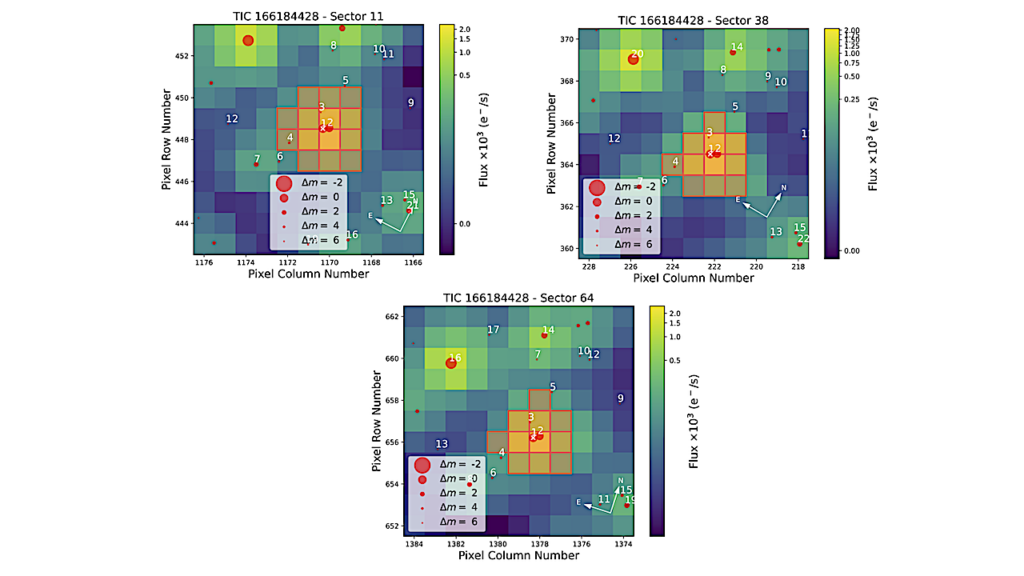Investigating The Free-floating Planet Mass by Euclid Observations

The detection of anomalies in gravitational microlensing events is nowadays one of the main goals among the microlensing community.
In the case of single-lens events, these anomalies can be caused by the finite source effects, that is when the source disk size is not negligible, and by the Earth rotation around the Sun (the so-called parallax effect). The finite source and parallax effects may help to define the mass of the lens, uniquely.
Free-floating planets (FFPs) are extremely dim objects, and gravitational microlensing provides at present the exclusive method to investigate these bodies. In this work, making use of a synthetic population algorithm, we study the possibility of detecting the finite source and parallax effects in simulated microlensing events caused by FFPs towards the Galactic bulge, taking into consideration the capabilities of the space-based Euclid telescope.
We find a significant efficiency for detecting the parallax effect in microlensing events with detectable finite source effect, that turns out to be about 51% for mass function index .
Lindita Hamolli, Mimoza Hafizi, Francesco De Paolis, Achille A. Nucita
(Submitted on 11 Jul 2016)
Comments: Astrophysics and Space Science 2016
Subjects: Earth and Planetary Astrophysics (astro-ph.EP)
DOI: 10.1007/s10509-016-2860-7
Cite as: arXiv:1607.03029 [astro-ph.EP] (or arXiv:1607.03029v1 [astro-ph.EP] for this version)
Submission history
From: Lindita Hamolli
[v1] Mon, 11 Jul 2016 16:52:46 GMT (81kb)
http://arxiv.org/abs/1607.03029








